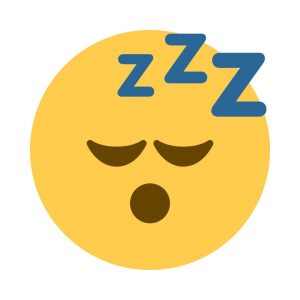Acronym HALT Teaches Self-Care Skills
Several of my clients are currently struggling with self-care issues. Alcoholics Anonymous and other twelve step groups use the acronym HALT to teach self-care skills. The definition of “halt” is to bring or come to an abrupt stop. In recovery, the acronym HALT is used to remind people to slow down and take inventory of their personal status. They stop or HALT and ask themselves if they are feeling Hungry, Angry, Lonely or Tired. These four emotional states are relevant when a person is emotionally or physically out of balance, because he or she is more likely to engage in unhealthy or counterproductive behaviors.
HALT seems like a simple concept; however, it is often difficult to access our internal states when we are under stress. It takes some thought and time to put this concept into practice.
HUNGRY – represents a physical or emotional state. I have a client who often goes too long without eating and becomes hypoglycemic. She gets irritable and loses her temper with others. As a result, she has negative relationships with family and friends. A person needs to monitor his or her eating patterns and regularly eat nutritional food. One also needs to consider “emotional hunger”. This could include emotional needs like attention, caring, and affection. Often people with addictive tendencies turn to unhealthy behavior when trying to satisfy unmet needs. Through the twelve steps, one can identify destructive habits.


TIRED – being too tired can lead to inaccurate thinking or poor performance. I have a client who often stays up late and has difficulty getting up for work on time. When he arrives at work, he struggles to stay awake and complete job tasks. His job performance is often compromised. On a physical level, going without sufficient sleep can create an unhealthy state of being. On an emotional level, one may have difficulty managing one’s feelings. On an intellectual level, one may struggle to think clearly or solve problems effectively.
The acronym HALT points out that a person needs to engage in self-care every day. For people in recovery, it is important to pay close attention to one’s overall states of hunger, anger, loneliness or feeling tired in order to help prevent relapse. Every person can benefit from taking inventory of one’s emotional states in order to cope more effectively with life’s stressors.








